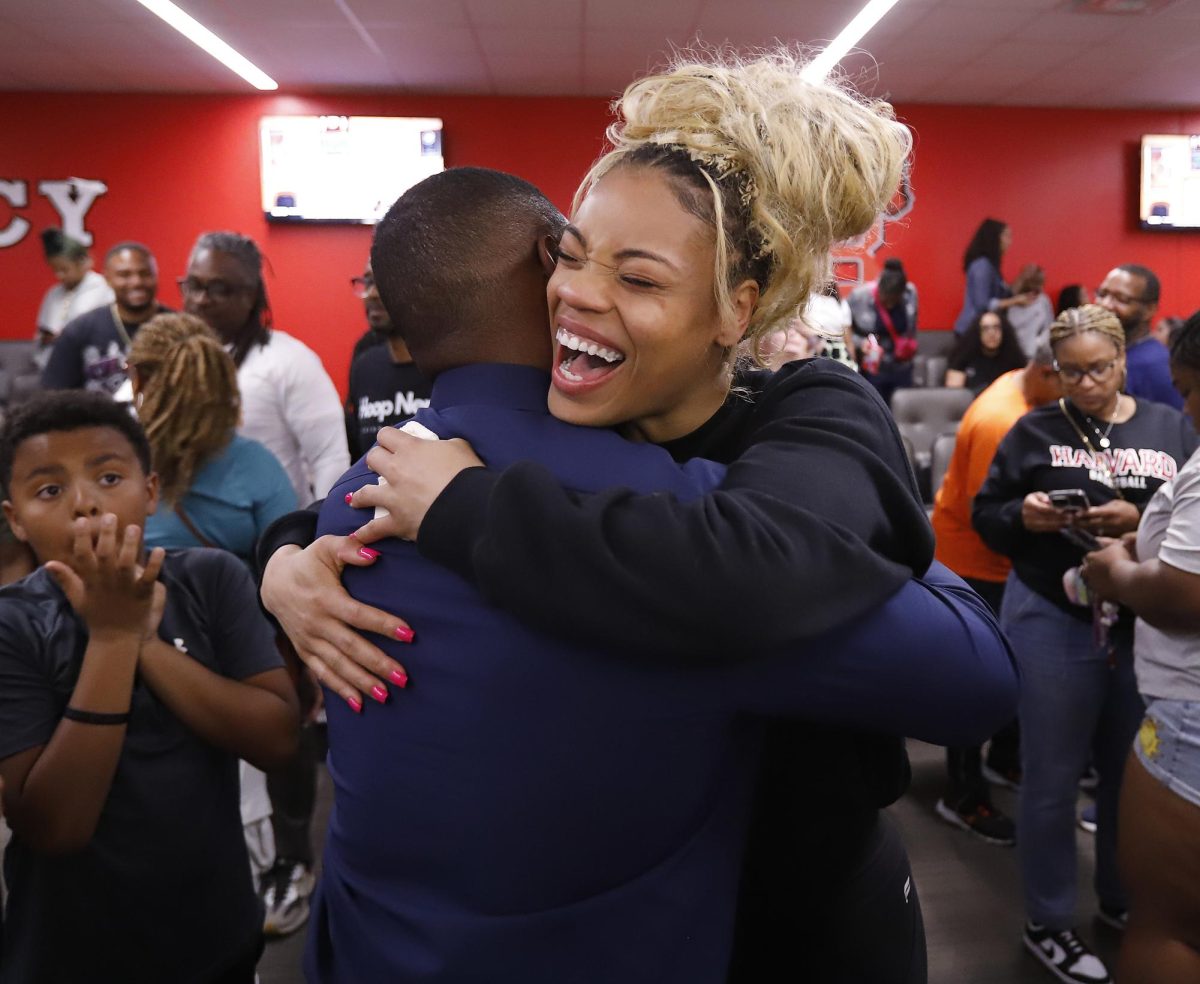Breakfast, commonly venerated as ‘the most important meal of the day’, supposedly has numerous benefits for your health; from keeping you awake during the day to helping you eat less. However, a recent German study has provided evidence to the contrary, stating that people tend to consume the same amount of calories later in the day, regardless of whether or not they ate breakfast. According to the research, eating breakfast doesn’t help you eat fewer calories during the day, it simply heaps them on top of what you would normally consume. Despite the results of the study, pediatrician Dr. Toribio Garcia strongly recommends that teens continue to eat breakfast.
“Adequate caloric intake enhances the metabolism of the growing teen,” Garcia said. “Academically, those students who enjoy nutritious breakfasts tend to perform better in the classroom.”
Garcia also believes that alternate types of breakfast, such as instant breakfasts or supplement shakes, are not healthy when consumed on a regular basis.
“Preteen and teenagers are usually undergoing their most rapid phase of growth,” Garcia said. “Many students can do well with instant breakfast drinks, to supplement an otherwise healthy diet with a low caloric intake, but I by no means foster that type of behavior on a constant basis.”
Although eating breakfast can increase the amount of calories consumed in a day, Garcia considers the benefits of eating in the morning to outweigh the potential additional calories, especially when an individual already maintains a healthy lifestyle.
“Teens who eat breakfast certainly tend to enjoy better lifestyles,” Garcia said. “Yet, coupled with increased caloric intake it is tantamount to reinforce healthy lifestyles with exercise, and a reduced intake of unhealthy snacks such as candy bars, soft drinks with sugar, and a total ban of ‘energy’ drinks currently being glorified to enhance athletic prowess.”
An estimated 12 to 34 percent of children and adolescents skip breakfast on a regular basis, a habit which, despite the German study’s conclusions, has no health benefits. According to nurse Tracye Franks, eating breakfast in the morning may actually reduce fatigue levels during the day, helping students to remain alert in class.
“I really think it’s important to eat breakfast,” Ms. Franks said. “It does add on calories, but it gets your metabolism going and it affects the insulin levels in the body. And as long as you’re up and walking around, you’re going to burn off the calories anyway.”
Ms. Franks believes students should eat a larger meal at breakfast than at dinner, since the calories eaten at breakfast are burnt off as you go about your daily business, whereas large amounts of food consumed at night do not have the same opportunity to be used effectively. She suggests that small frequent meals be eaten throughout the day, in an effort to maintain a steady rate of metabolism. Junior Taylor Long subscribes to this belief, eating breakfast before her morning track workout and attempting to eat five small meals a day.
“I always eat something small before I work out,” Taylor Long said. “Fruit is good for short reaction muscles and granola helps with endurance. Afterwards I eat a lot more, but I don’t want to puke while I’m working out. I try to eat my three meals and some snacks in between, since it’s supposed to be healthier.”
Sophomore Caitlyn Moore considers breakfast to be important as well, saying diets tend to stress the importance of eating in them morning.
“Diets actually say that you should eat breakfast in order to boost your metabolism,” Moore said. “Whenever you don’t eat breakfast, especially before a workout, you are just going to be starving after. You burn enough calories as it is.”
Taylor’s twin sister, junior Kayla Long, also has track practice in the morning, and believes eating breakfast helps her get the most out of her workout.
“Breakfast is definitely important when working out,” Kayla Long said. “If I don’t eat before a workout I don’t workout as well. My energy is down and afterwards I don’t recover as quickly.”
Beyond working out, Kayla thinks breakfast helps her make the most of her day.
“Breakfast doesn’t only matter for my athletic energy,” Long said, “it matters for my energy throughout the day as well. I feel that if I don’t eat breakfast I wouldn’t get the maximum I can out of my day.”















